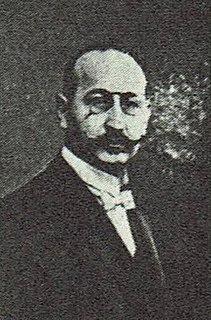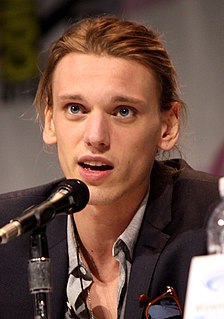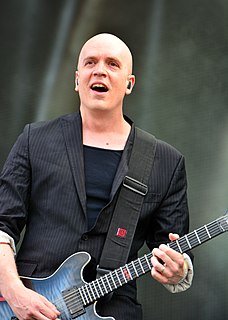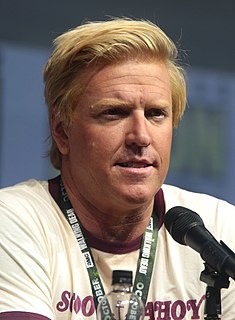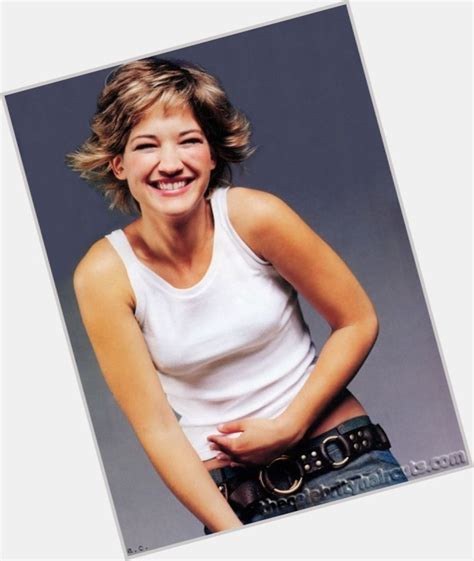A Quote by Paul Hirsch
The shooting of the movie is the truth part and the editing of the movie is the lying part, the deceit part
Related Quotes
Alfred Hitchcock talked about planning out his movies so meticulously that when he was actually shooting and editing, it was the most boring thing in the world. But drawing comics isn't like shooting a movie. You can shoot a movie in a few days and be done with it, but drawing a comic takes years and years... That's the biggest part of doing comics: You have to create stuff that makes you want to get out of bed every morning and get to work.
There was a thing in the Andy Kaufman movie that Jim Carrey [Man On The Moon] about how he would do it. I didn't even see the movie. I read the script. But someone asked me, "Do you know what the best part of the Jim Carrey/Andy Kaufman movie is?" And I said, "me lee see ree bee." I just knew that would be the best part.
